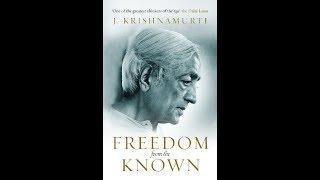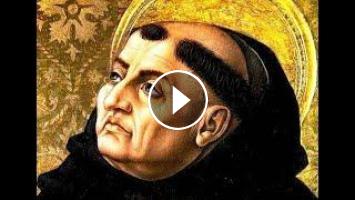Thomas Aquinas (Italian: Tommaso d'Aquino, lit. 'Thomas of Aquino'; 1225 – 7 March 1274) was an Italian Dominican friar and priest, who was an immensely influential philosopher, theologian, and jurist in the tradition of scholasticism; he is also known within the latter as the Doctor Angelicus, the Doctor Communis, and the Doctor Universalis.[a] The name Aquinas identifies his ancestral origins in the county of Aquino in present-day Lazio, Italy. Among other things, he was a prominent proponent of natural theology and the father of a school of thought (encompassing both theology and philosophy) known as Thomism. He argued that God is the source of both the light of natural reason and the light of faith. His influence on Western thought is considerable, and much of modern philosophy is derived from his ideas, particularly in the areas of ethics, natural law, metaphysics, and political theory.
Unlike many currents in the Catholic Church of the time, Thomas embraced several ideas put forward by Aristotle — whom he called "the Philosopher" — and attempted to synthesize Aristotelian philosophy with the principles of Christianity.
His best-known works are the Disputed Questions on Truth (1256–1259), the Summa contra Gentiles (1259–1265), and the unfinished but massively influential Summa Theologica, or Summa Theologiae (1265–1274). His commentaries on Scripture and on Aristotle also form an important part of his body of work. Furthermore, Thomas is distinguished for his eucharistic hymns, which form a part of the church's liturgy. The Catholic Church honors Thomas Aquinas as a saint and regards him as the model teacher for those studying for the priesthood, and indeed the highest expression of both natural reason and speculative theology. In modern times, under papal directives, the study of his works was long used as a core of the required program of study for those seeking ordination as priests or deacons, as well as for those in religious formation and for other students of the sacred disciplines (philosophy, Catholic theology, church history, liturgy, and canon law).
A Doctor of the Church, Thomas Aquinas is considered one of the Catholic Church's greatest theologians and philosophers. Pope Benedict XV declared: "This (Dominican) Order ... acquired new luster when the Church declared the teaching of Thomas to be her own and that Doctor, honored with the special praises of the Pontiffs, the master and patron of Catholic schools."
Gilbert Keith Chesterton KC*SG (29 May 1874 – 14 June 1936) was an English writer, philosopher, lay theologian, and literary and art critic. He has been referred to as the "prince of paradox". Time magazine observed of his writing style: "Whenever possible Chesterton made his points with popular sayings, proverbs, allegories—first carefully turning them inside out."
Chesterton created the fictional priest-detective Father Brown, and wrote on apologetics. Even some of those who disagree with him have recognised the wide appeal of such works as Orthodoxy and The Everlasting Man. Chesterton routinely referred to himself as an "orthodox" Christian, and came to identify this position more and more with Catholicism, eventually converting to Roman Catholicism from high church Anglicanism. Biographers have identified him as a successor to such Victorian authors as Matthew Arnold, Thomas Carlyle, John Henry Newman and John Ruskin.
- Category
- Spirituality/Religon


